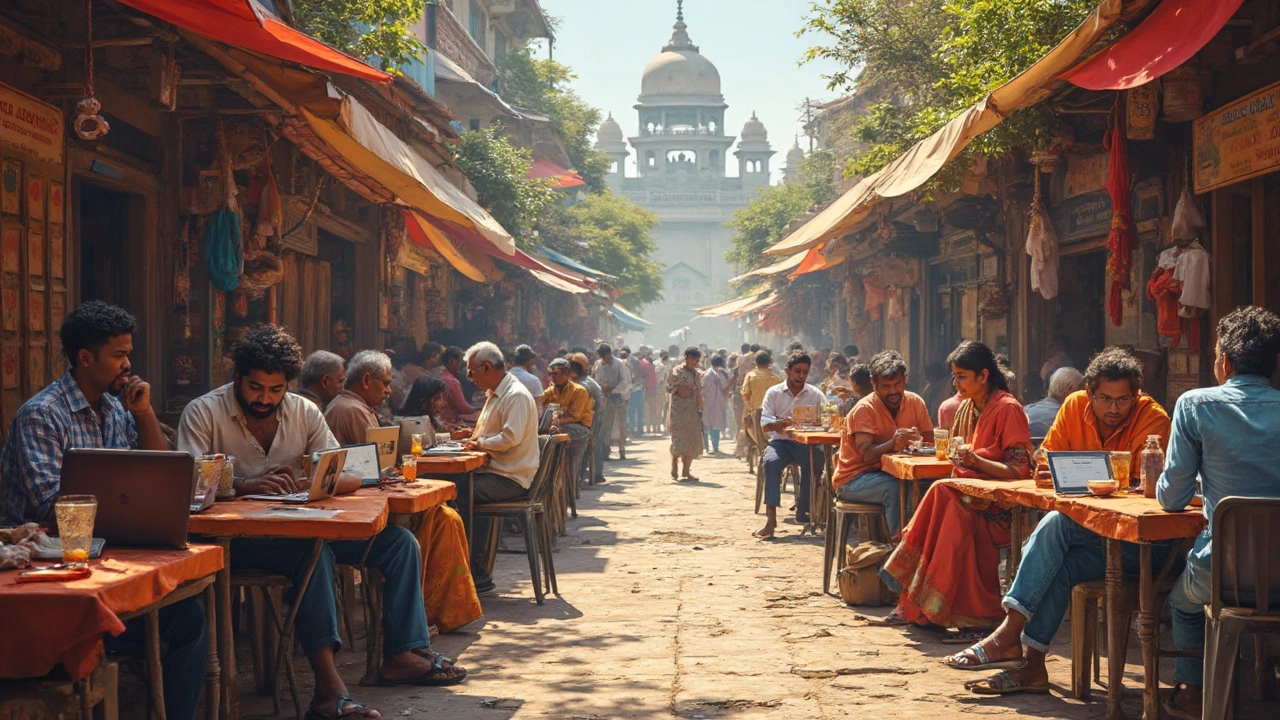Copyright Infringement: What Every Blogger and Web Owner Must Know
If you run a blog, sell a product online, or post videos, you’ve probably heard the term “copyright infringement.” It’s not just legal jargon – it’s something that can shut down a site, cost you money, and damage your reputation. In India, the Copyright Act of 1957 is the main rulebook, and it applies to text, images, music, code, and pretty much anything you share online.
Most creators think copying a photo or quoting a paragraph without permission is harmless, but the law sees it differently. Even a few seconds of unlicensed music in a video can trigger a claim. The same goes for using someone’s blog post, scraping content, or reposting a meme that’s not in the public domain. The good news? You can protect yourself by following a few simple steps.
Common Ways Copyright Gets Broken Online
1. Copy‑pasting text – Taking a paragraph from another blog and presenting it as your own is the fastest route to a takedown notice. Even if you add a link, you still need permission unless the text is in the public domain.
2. Using stock images without a licence – Free image sites often have their own rules. If the licence says “non‑commercial use only,” you can’t put the picture on a site that sells ads.
3. Embedding music or video clips – Websites like YouTube let you embed videos, but the embed doesn’t give you the right to reuse the content in a way that harms the original creator.
4. Sharing code – Open‑source code usually comes with a license that tells you how you can use it. Ignoring those terms can lead to infringement claims.
5. Reposting user‑generated content – If a follower tags you in a photo, you still need their permission before you publish it on your own platform.
How to Protect Your Content and Stay Legal
First, always ask for permission. A quick email or DM asking if you can use a piece of content can save you headaches later. Keep a record of the response – it’s proof if a dispute arises.
Second, use proper licences**. Creative Commons offers several options, from “CC BY” (you must give credit) to “CC0” (public domain). When you share your own work, pick a licence that matches how you want others to use it.
Third, add copyright notices** to your pages. A simple line like “© 2025 YourName. All rights reserved.” doesn’t stop theft, but it signals that you care and makes it easier to claim ownership.
Fourth, set up a DMCA takedown process**. If someone copies your work, you can send a notice to the hosting platform. Most Indian hosts follow the same procedures as the US DMCA, so the process is familiar.
Finally, consider using tools that scan for stolen content**. Services like Copyscape or Google Alerts can alert you when your text appears elsewhere. Spotting an infringement early lets you act before it spreads.
Remember, the cost of a copyright lawsuit can be huge, and even a small claim can take weeks to resolve. By staying aware of what counts as infringement and taking proactive steps, you protect your brand and keep your site running smoothly.
Got a question about a specific piece of content? Drop a comment below and we’ll help you figure out the best move. Keeping your online presence safe doesn’t have to be complicated – just follow the basics, respect other creators, and you’ll stay on the right side of the law.
Can a Blogger Get Sued? Understand the Risks and Stay Safe!
Blogging isn't just about sharing your thoughts; it comes with its own set of legal risks too. From copyright infringement to defamation, bloggers need to tread carefully. This article delves into common legal pitfalls for bloggers and offers practical tips to stay out of trouble. Whether you're using WordPress, Blogger, or another platform, understanding these legal risks is crucial. Get informed to blog safely and responsibly.
Can Blogs Face Legal Action? Understanding the Risks and Protections
Blogging is a popular way to share ideas, but many wonder if blogs can get sued. This article explores the legal risks bloggers might face, such as copyright infringement and defamation, and offers tips on how to safeguard against these issues. Understanding these legal aspects is crucial for anyone engaged in blogging, whether on personal platforms or free blogging sites. By recognizing the potential pitfalls, bloggers can create content confidently and responsibly.
About
Blogging Platforms

